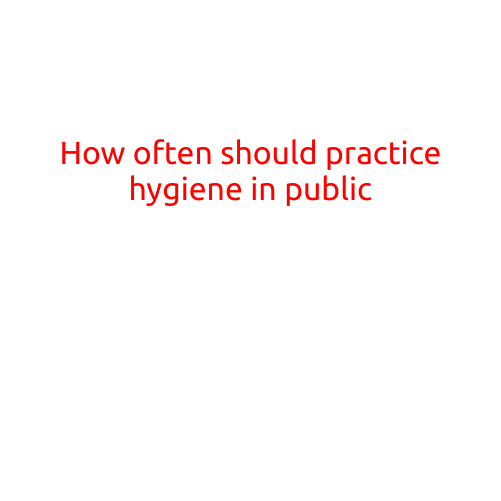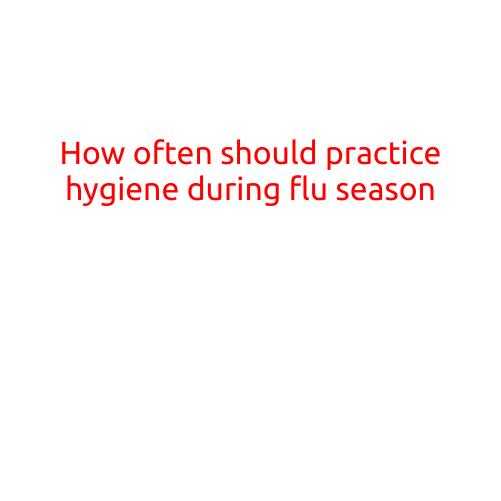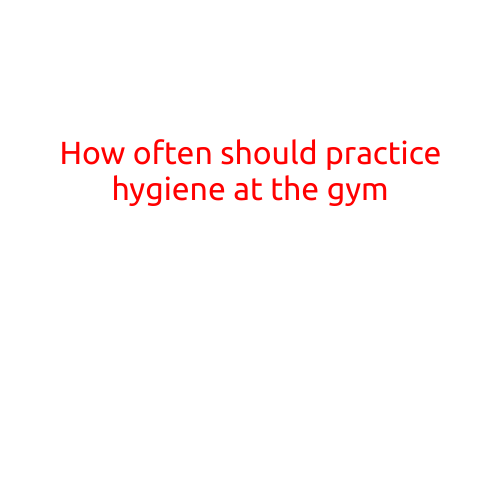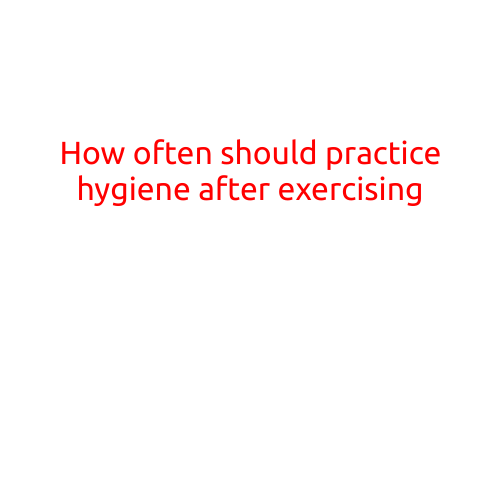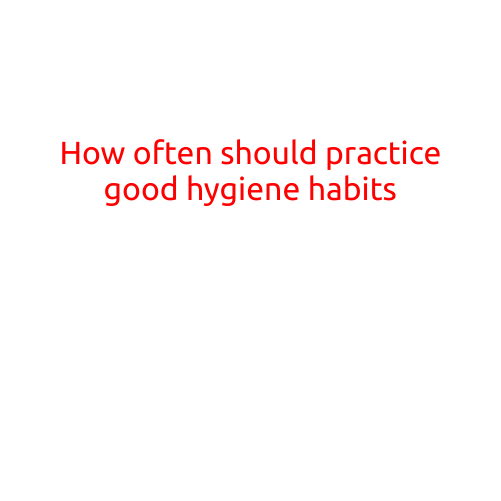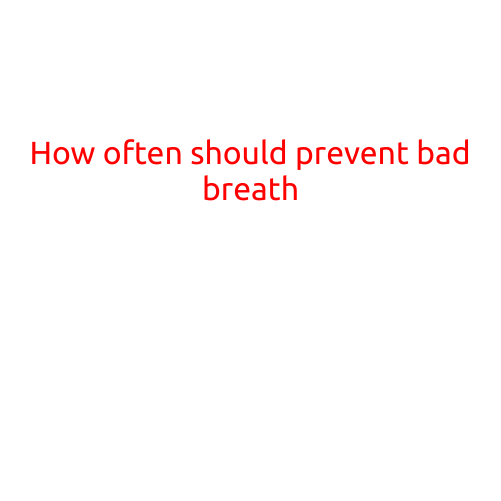
How Often Should You Brush to Prevent Bad Breath?
Bad breath, also known as halitosis, is a common oral health issue that can be embarrassing and affect your self-confidence. Brushing your teeth regularly is one of the most effective ways to prevent bad breath, but how often should you brush to keep your breath fresh?
Why Brushing is Important for Fresh Breath
Brushing your teeth removes plaque, a sticky film of bacteria, food particles, and other debris that can accumulate on your teeth throughout the day. When plaque is left on your teeth for too long, it can cause a variety of problems, including:
- Tooth decay: Plaque can lead to cavities and tooth decay, especially if you don’t clean your teeth regularly.
- Gingivitis: Plaque can cause inflammation of the gums, leading to redness, swelling, and bleeding.
- Bad breath: Plaque can cause bad breath by creating sulfur compounds that are released when it breaks down.
- Gum disease: Left untreated, gingivitis can develop into periodontal disease, which can lead to loose teeth and even tooth loss.
How Often Should You Brush?
The frequency of brushing depends on your oral health needs and habits. Here are some general guidelines:
- For healthy mouths: Brush twice a day, in the morning and before bedtime, to remove plaque and food particles that can accumulate throughout the day.
- For mouths with high risk of cavities: Brush three times a day, after meals and before bedtime, to remove sticky sugars and acids that can contribute to tooth decay.
- For mouths with gum disease: Brush four times a day, after meals and before bedtime, to help control inflammation and prevent further infection.
Tips for Brushing
Here are some additional tips to help you brush effectively and prevent bad breath:
- Use a soft-bristled toothbrush and gentle circular motions to clean your teeth.
- Pay special attention to areas where your teeth and gums meet, as this is a common place for plaque to accumulate.
- Use a fluoride toothpaste and a tongue scraper to remove bacteria and debris from the surface of your tongue.
- Brush for at least two minutes each time to ensure you cover all areas of your mouth.
- Replace your toothbrush every three to four months or sooner if the bristles become frayed.
What Else Can You Do to Prevent Bad Breath?
While brushing is an essential part of preventing bad breath, there are other things you can do to help keep your breath fresh:
- Floss daily to remove plaque and food particles from between your teeth and under your gumline.
- Rinse with mouthwash to kill bacteria and freshen your breath.
- Practice good oral hygiene by cleaning your tongue and the roof of your mouth regularly.
- Avoid sugary and acidic foods and drinks that can contribute to tooth decay and bad breath.
- Visit your dentist regularly for check-ups and cleanings to detect and prevent oral health problems early on.
By brushing regularly and following good oral hygiene practices, you can help prevent bad breath and maintain a healthy, fresh-smelling mouth.
